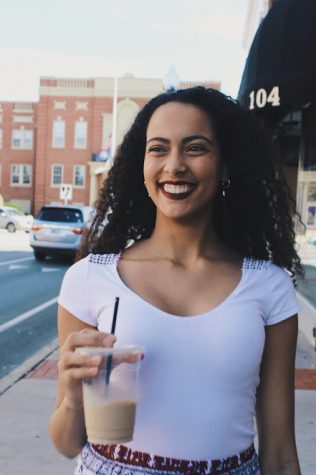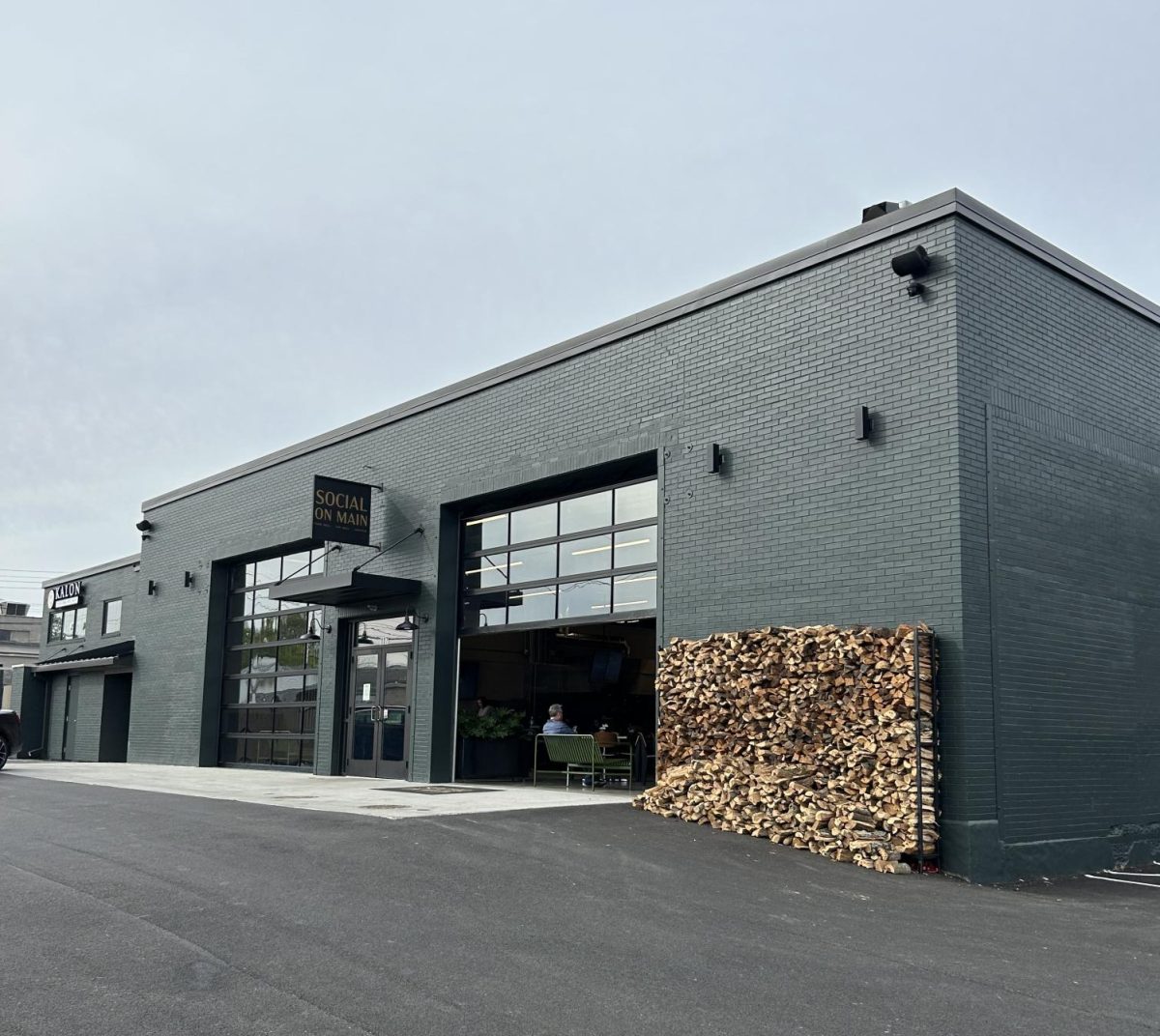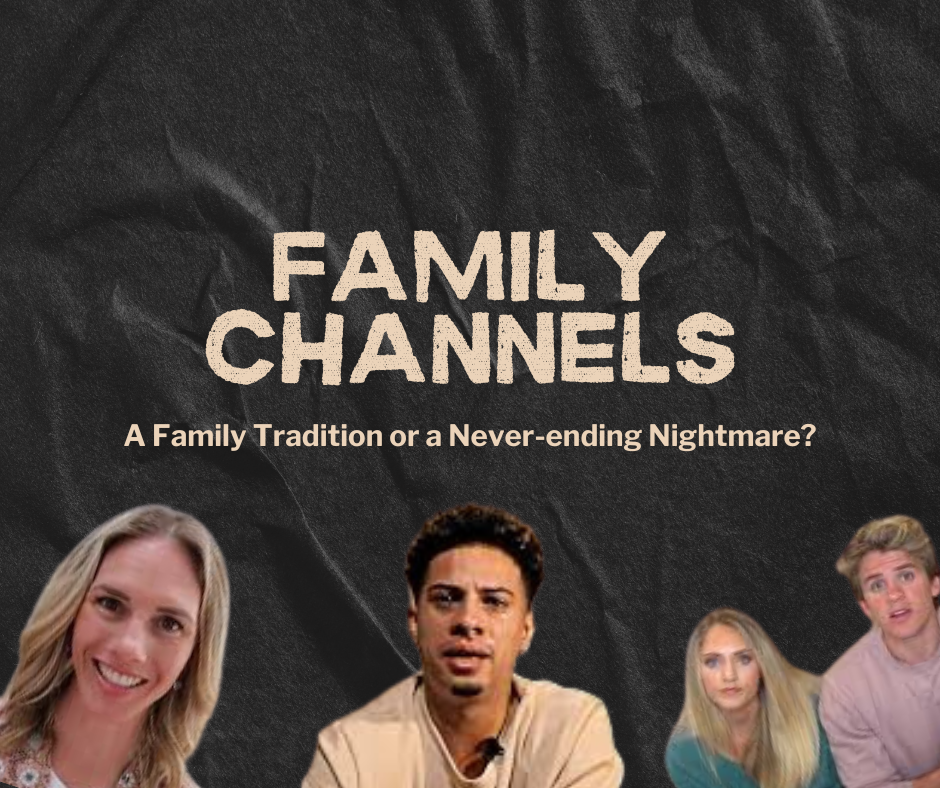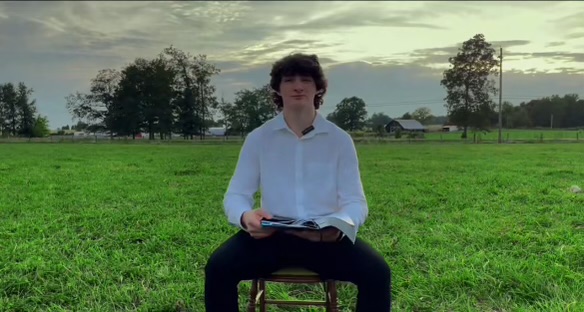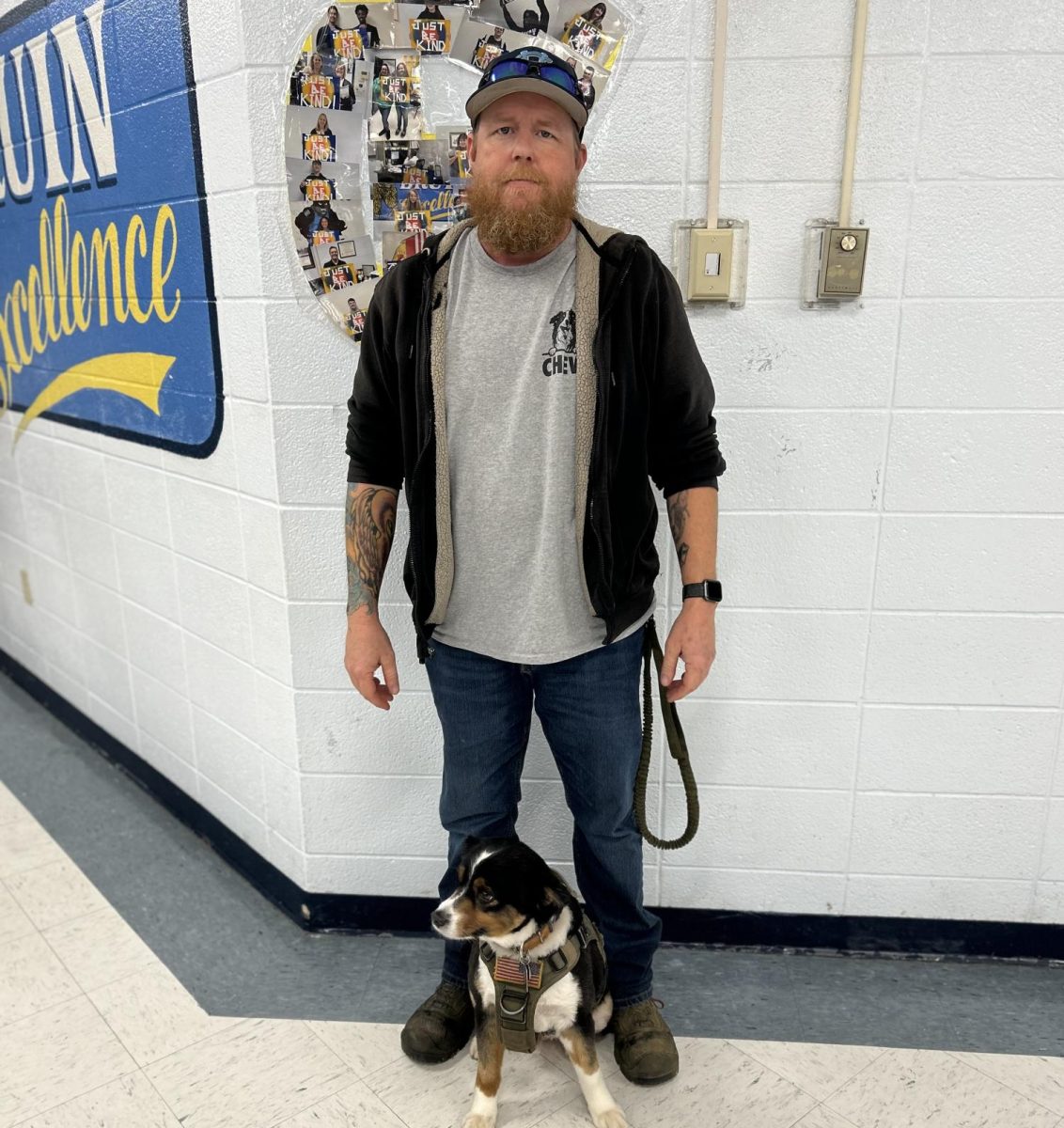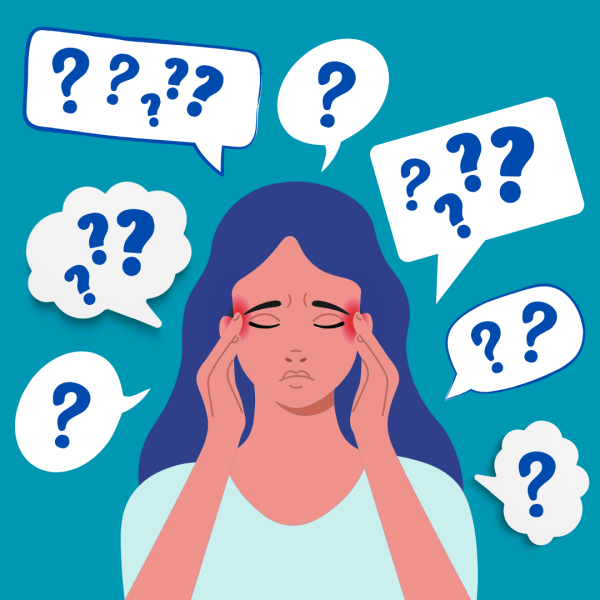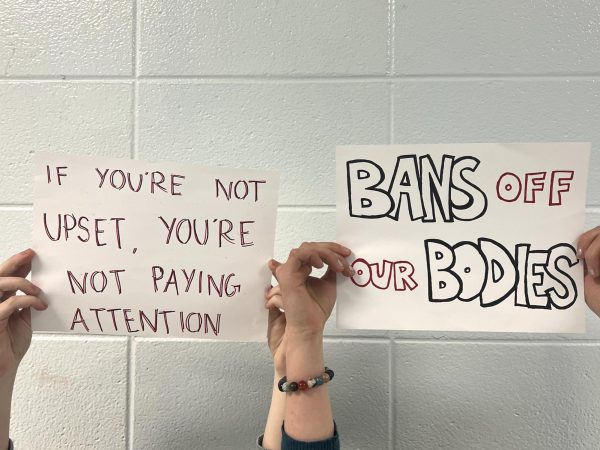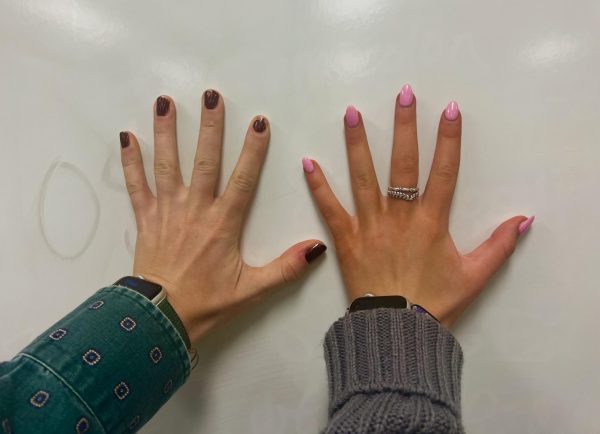Consent Matters: A Series
The prologue in my series about consent and sex education in schools.

December 12, 2018
You know what’s crazy? I don’t think my parents ever sat down and had a real, detailed conversation with me about sex, relationships, or consent. I just kind of had to learn it all myself at the expense of my friends, other family members, and courageous victims that shared their story in the media. To be honest, I learned most of what I know about rape from Law & Order: SVU. However, I know that I am not alone in this.
In a Planned Parenthood study survey about consent among college students, a vast majority of men and women were not educated about ways to give and identify consent during sex, the difference between a healthy and unhealthy relationship, and how outside influences play a role in consent. According to the survey, “parents talked with their daughters more than their sons about how to say no to a sexual activity, how to reduce the risk of being sexually assaulted, and rights and support services available if they have been sexually assaulted.”
So, basically, our generation is horribly uneducated about the emotional and moral concepts of sex.
In the same Planned Parenthood survey, there was little consensus about what consent (or the lack thereof) looks like. On average, women had a clearer understanding of what actually constitutes consent. For example, women were statistically more likely than men to strongly agree that consent must be given at each step during a sexual encounter (women 27%, men 19%). Also, women are found to be less likely to hold misconceptions about what constitutes consent. Women were more likely than men to strongly disagree that when women go to parties wearing revealing clothes, they are asking for trouble (48% of women responded “strongly disagree,” while 35% of men did), or that sexual assault accusations are used by women as a way of “getting back” at men (25% of women responded “strongly disagree,” while 13% of men did). The findings in this survey are consistent with a 2015 survey from Kaiser and The Washington Post among current college students. “Sex education that includes consent education is sexual assault prevention.
“This survey shows just how far we still have to go.” Dr. Leslie Kantor, vice president of education at Planned Parenthood Federation of America, said.
After seeing all of this information, I started thinking, “Whose fault is this?” And my honest answer is that it’s really nobody’s fault, but, rather, a fear of facing uncomfortable topics from generations before us. I think there’s no better time than right now to start talking about topics that make us uncomfortable. When I was younger, I was afraid to even say the word “sex,” let alone talk about the details of it. It’s such a taboo in our culture, but it’s the most natural aspect of humanity.
So, let’s talk about it.

